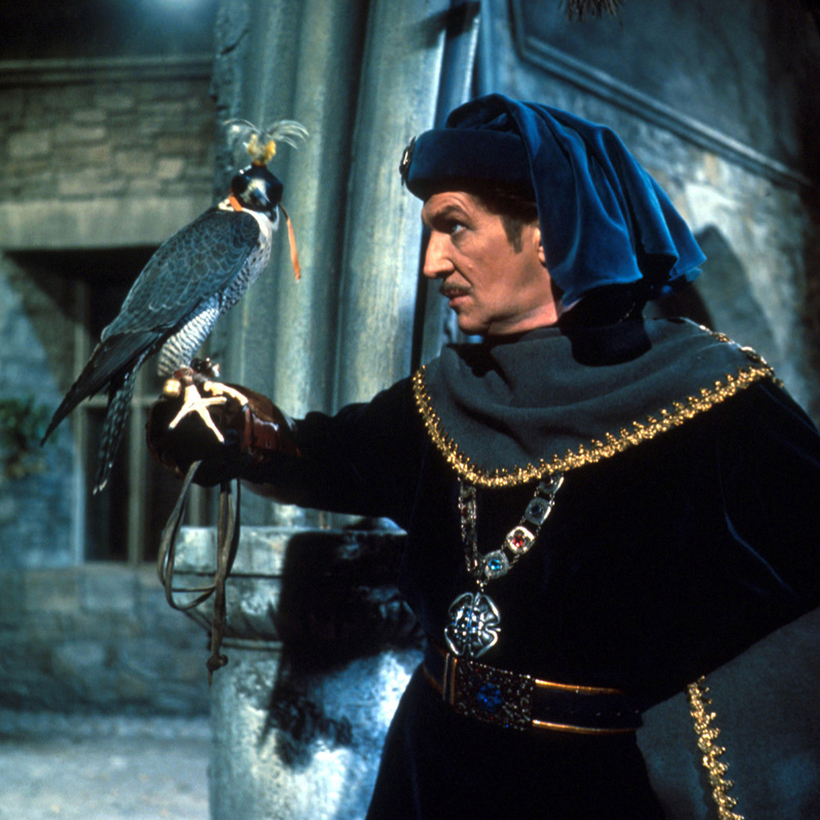For our 34th wedding anniversary, on September 6, 2020, I gave my wife, Susan, a gift-wrapped ax. In the last month, two severe windstorms at our place in Connecticut have brought down dozens of large tree limbs. We were very lucky that they all missed the house and barn, but on both occasions fallen trees and branches made the long driveway impassable. My son and I worked in the rain, sawing our way through the fallen trees to make a passage through which we could fit the car.
We needed the path because I had to get my rabies shots. Two weeks ago a bat got into the house. It went whizzing past while I was sitting up in bed, reading. I closed the bedroom door and went to sleep in the guest room. My wife decided that the bat was an object of my imagination and went into our bedroom against my warning. The bat came flapping out. For the next two days we all walked around in a crouch, carrying tennis rackets and croquet mallets, until finally we broke down and paid an animal officer to come and catch the bat and take it away.
That should have been the end of that, but I made the terrible mistake of mentioning to my wife that I had some spider bites on my arm, no doubt acquired while sitting outside in the wicker porch furniture or in the hammock. She immediately decided that I had been bit by the bat and needed a series of rabies shots. I said that was ridiculous. If the bat had bit me, I would certainly have known it. But she would not let up, and finally, to get peace in the house, I agreed to go to the hospital in Waterbury five times for a rabies smorgasbord.
For the next two days we all walked around in a crouch, carrying tennis rackets and croquet mallets.
My son, Frank, pointed out that the number of persons in the United States who died last year from bat rabies was two. The number of persons who caught the coronavirus in hospitals was in the thousands. Why would I assume the much higher risk? I said that he should not look for logic in the compromises of marriage.
This is how we have been living since March, when the coronavirus came down and we left our apartment in New York City for our weekend house in the country. At the time I figured we might be gone for two weeks. So many of us acted like those lighthearted fools who took picnic baskets to Bull Run, expecting the Southern rebellion to end with the first battle.
I know how lucky I am to have a house in the country to go to. We have space—woods and fields. My son and my two daughters are with us, as is my daughter Sarah’s husband, who teaches at Columbia. Sarah is pregnant, and we have spent the last half-year watching her expand. Everyone is working on computers and Zoom. I can do my two weekly radio shows from the house.
Last week—the same week that the trees came down and I wrapped up my rabies shots—I had a novel published, a film I wrote opened, and an Audible project I produced premiered. If those three things had happened in any other year, it would have been a week of parties, premieres, and promotional appearances. In the new world, my daughters made me a cake and blew up some balloons.
Part of me is relieved not to have to go out and hawk my wares. The other part misses getting the gold star.
So many of us acted like those lighthearted fools who took picnic baskets to Bull Run, expecting the Southern rebellion to end with the first battle.
This morning the hot water went off. There is a man in a mask in the basement now, working on it. We might need a new boiler. The country is trying to tell me to go back to the city, but like Mister Blandings, Oliver Wendell Douglas, and Fred MacMurray in The Egg and I, I am staying put.
I am surprised how easy it has been to get used to country living, even with the falling trees and the cold-water shower and the bats. I looked at my calendar today to see what I was doing the last week I was in New York, in early March. It seems like the life of a different person.

On Wednesday, March 4, I had lunch at the Lambs Club in Times Square with Jimmy Buffett and the painter John Alexander. Buffett made a joke to the waitress that he would have a Corona and lime in honor of the two diseases he was hoping to avoid. It was the last day we would all laugh at that sort of joke.
Buffett said that our friend Chris Blackwell, the founder of Island Records, was in town, and we decided to go to his apartment. Along the way I got a call from Tom Freston, my boss when he ran Viacom, asking what was going on. I said Buffett and I were on our way to Blackwell’s, and Freston said he would meet us there.
Six months ago, friends could drop in on friends unexpectedly and unmasked.
After I left Blackwell’s apartment, I stopped at an office in Times Square to collect tickets for a Broadway musical, went to a bookstore, picked up my dry-cleaning, and showered before taking the subway back to Midtown for what would turn out to be my last live radio broadcast from the Sirius XM studio for a long time. It would turn out to be my last subway ride for a long time, too.
Buffett made a joke to the waitress that he would have a Corona and lime in honor of the two diseases he was hoping to avoid.
The next day, I went to the dentist near Bryant Park and then decided to grab a quick lunch at the bar at Carmine’s on 44th Street. I was surprised that the restaurant, always crammed with tourists, was nearly empty. It hit me that people were taking the coronavirus seriously and I probably should, too.
When I got home, T Bone Burnett, the record producer, called and invited me to go with him to the Public Theater to see Steve Earle’s new play. I told T Bone I was going to the opening of Girl from the North Country, the Bob Dylan musical. We agreed to meet for drinks at the Algonquin at five and then go our separate ways. At the Algonquin, T Bone was serious about the coming pandemic. “We are going to lose people before this is over,” he said. “People we love.”
We were sharing a small table, and a woman at the bar spun around on her stool and insisted that she knew me—that I was an actor in a stage company in her native California. I said I was not an actor but that fellow in California must be very handsome. She said she was in New York to see as many cabarets and Broadway shows as she could fit in. She was determined to join our conversation, and I did not want to be impatient with her, so I imagined a story.
I told myself that perhaps she was newly widowed. Maybe she had been nursing her husband through a long and difficult illness, and the way she got through it was to promise herself that when it was all over she would go to New York and check into the Algonquin and see all the shows and drink at the bar and flirt with strange men. It was a fantasy, but it helped me be nice to her until my daughter Kate arrived to meet me for the show and assure the woman that I was no actor.
Girl from the North Country is a fantastic musical, written by the great Irish playwright Conor McPherson and linked with songs from Bob Dylan’s 60-year repertoire. I had seen it twice at the Public before the Broadway opening and enjoyed it even more the second time. McPherson had avoided all the obvious temptations one would associate with a musical based on Dylan songs. His smartest move was to set his story in the Depression, bringing forward Dylan’s themes of perseverance and skipping the counterculture associations many of those songs evoke. Although Dylan did not show (I knew he was in Los Angeles finishing a new album), it was a star-spotter’s scene. James Franco was chatting with Bernadette Peters at the end of our row. Steve Van Zandt and his wife, Maureen, were seated behind us. Mary-Louise Parker, who is Kate’s favorite actor and has always been very kind to her, was at the other end of our row, and we visited during intermission.
When the curtain came down, it seemed like everyone in the theater trooped over to the Bryant Park Grill, where a loud band played and buffets were laid out and the cast posed for photos. Kate and I managed to get a table and bring back some food, but as the crowd crammed in I got more and more uncomfortable. It felt like the end of something, the last big night out after 40 years of big nights out.
“I think we all need to head up to Connecticut,” I told Kate. “You should come, too. If it turns out to be nothing, you can always come back to the city in a week or so. But why risk getting stuck here?”
Kate looked around the room, all the laughing people, all the champagne, all the flashes going off, and she said, “It does feel a little like The Masque of the Red Death, doesn’t it?”
That was six months ago this week. It seems like another lifetime. I wonder if we will ever go back to living that way. I wonder if we will want to.
Bill Flanagan, an Editor at Large for AIR MAIL, contributes essays to CBS Sunday Morning and hosts Flanagan’s Wake and Northern Songs on SiriusXM Radio


